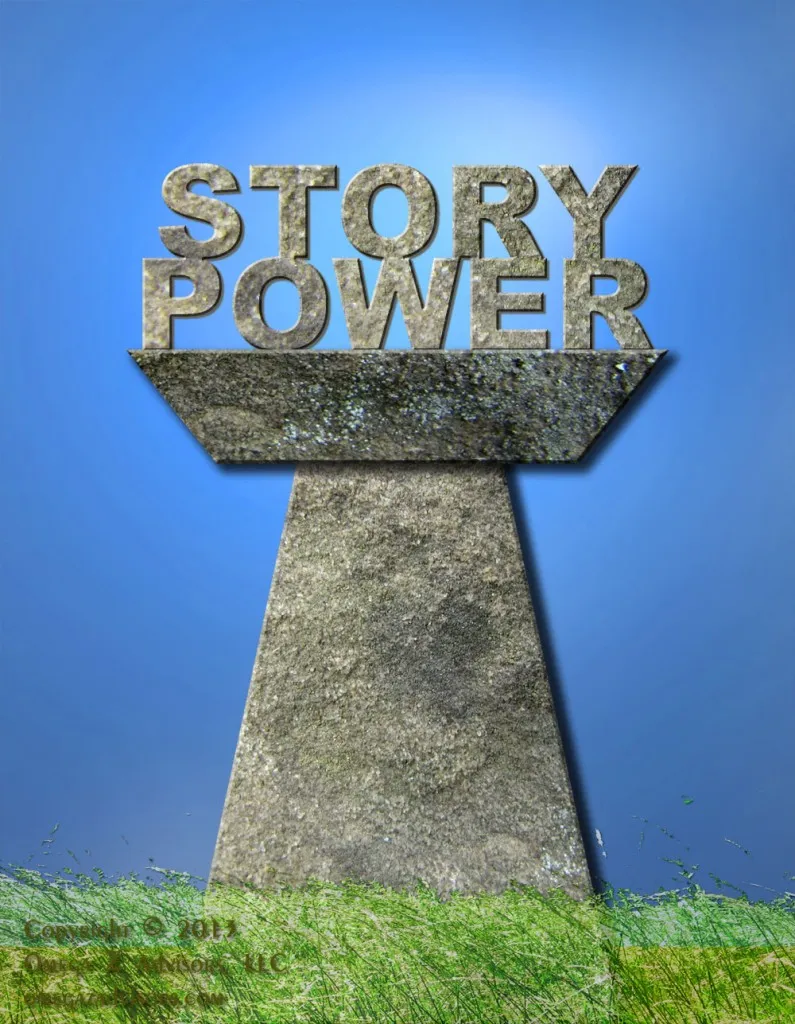Increasing Social Power, Power of Stories (Pt 2)
 Stories not only increase the value of our products and services but also of us, as people. They increase our social power by raising our status, encouraging social feedback and strengthening social bonds. Stories’ power multiplies when we encourage others to tell their stories.
Stories not only increase the value of our products and services but also of us, as people. They increase our social power by raising our status, encouraging social feedback and strengthening social bonds. Stories’ power multiplies when we encourage others to tell their stories.
Frank Rose reports of a study in his article, “The Selfish Meme” (The Atlantic, October 2012 edition):
. . . that finally explained why we like to talk about ourselves so much: sharing our thoughts it turns out, activates the brain’s rewards system.
This is the same system that responds to rewards of sex, food and money. In essence, telling about ourselves is rewarding. In fact, Rose cites that thirty to forty percent of our ordinary conversations are of us talking about ourselves. Therefore, giving others the opportunity to tell their stories is the emotional equivalent of giving them sex, food or money.
The research further showed that our reward systems were more active when we were asked questions about our thoughts and feelings than about those of others. Many techniques exist to help us encourage others to share their stories and answer our questions. Thus, the lessons from this post and its predecessor are two when seeking to tap the power of stories in our relationships:
- Tell good stories about ourselves
- Encourage others to share their stories
Beyond that, it’s integratively using techniques to connect the two story sets, ours and theirs. The Refer Back Conversation Technique is but one example of this integration.
Now, as follow up to our assignment from Part 1, do you have your story? If not, don’t worry. If you can encourage others to tell their stories, you’re well more than half way there.
Related Post: Increasing Value, Power of Stories

